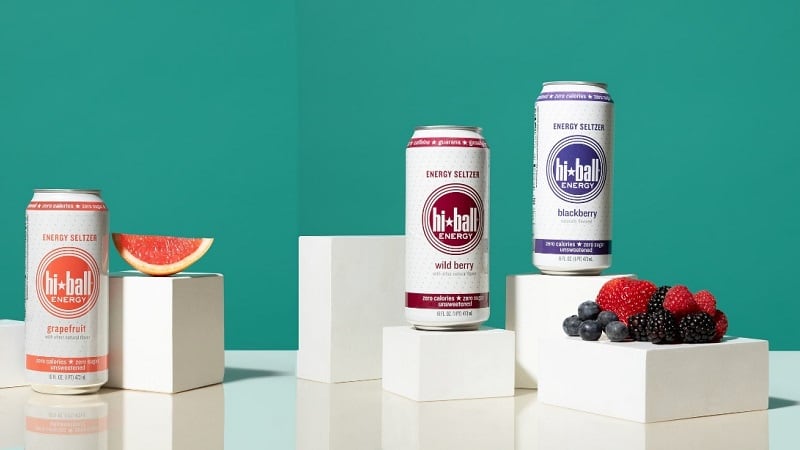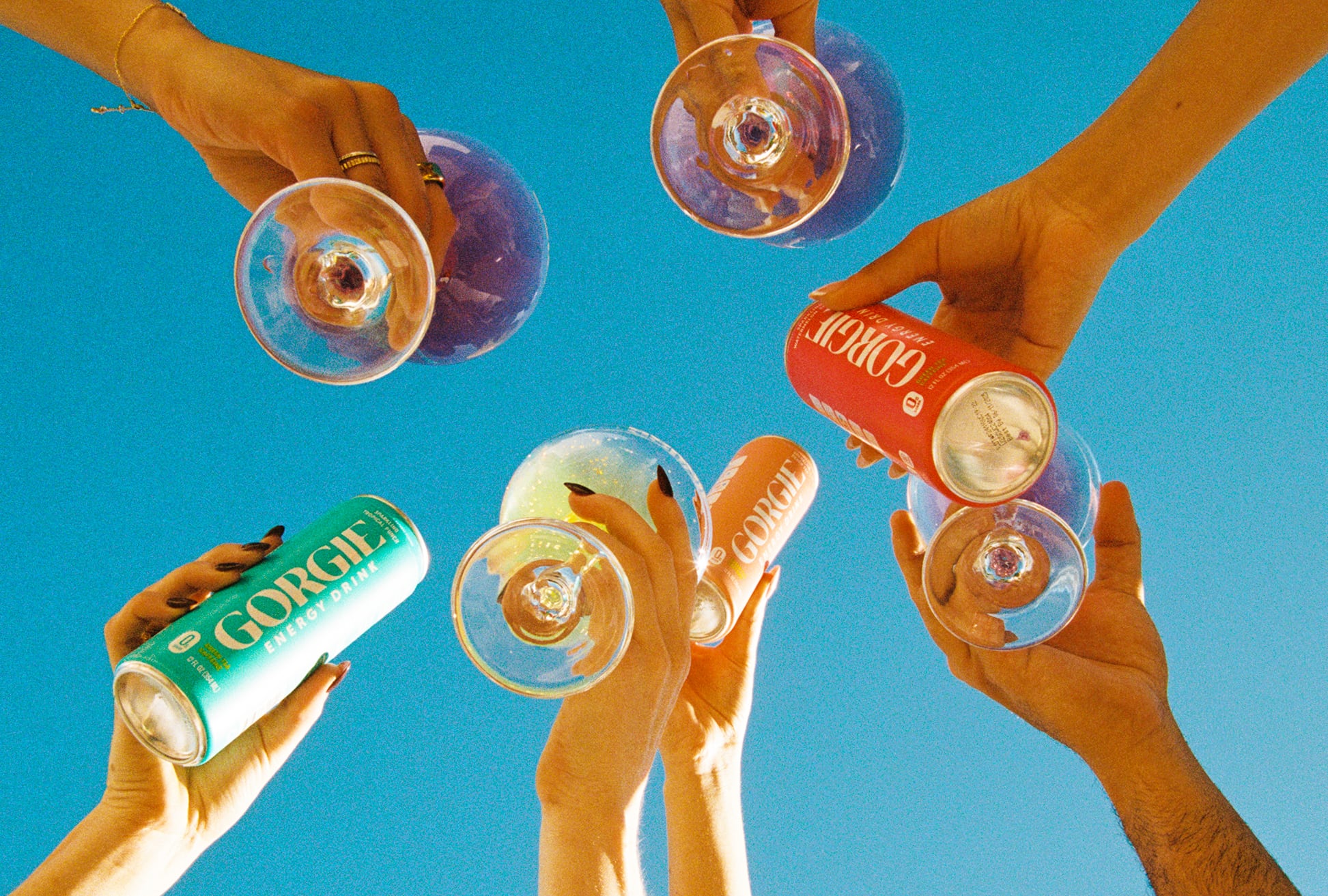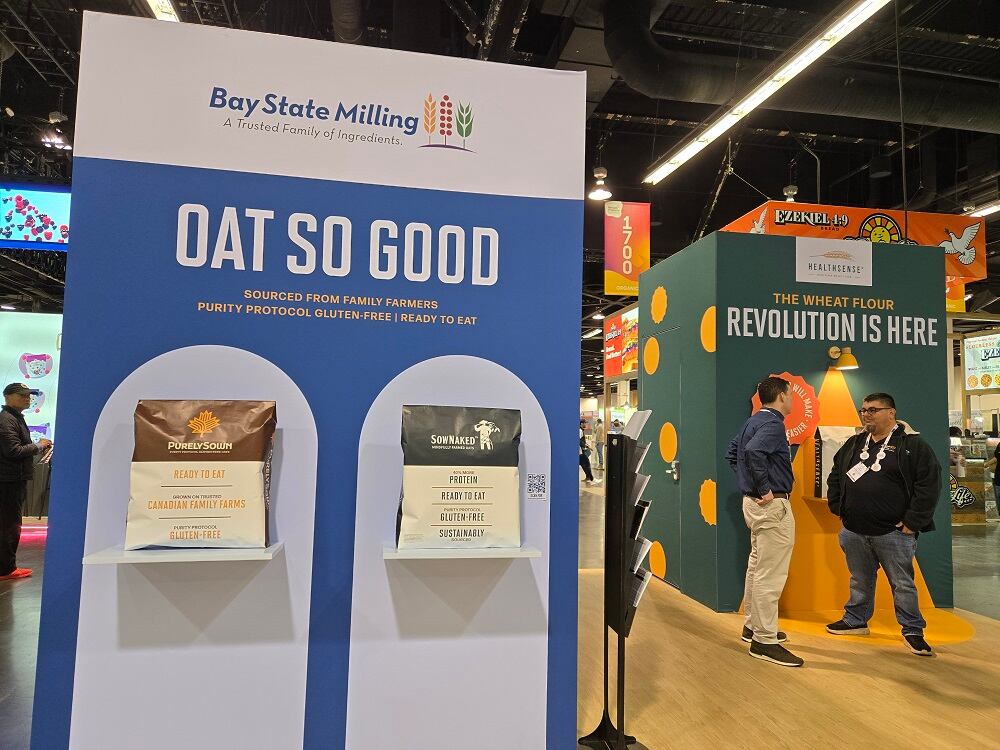Clean-label energy drink brand Key launched last year and is betting on a focused, hyper-local distribution strategy in New York City – showing how startups can break into saturated categories by homing in on product, audience and place.
Co-Founders and CPG industry veterans Tekla Back, formerly with PepsiCo, and Karishma Thawani, formerly with Coca-Cola Co., set out to challenge the status quo of energy drinks – many of which, as Back put it, have “either a ton of sugar” or contain “200-300 milligrams” of caffeine despite a daily limit of 400, she said in an episode of Startup Spotlight.
Instead, the co-founders turned to ketones, a natural energy source the body already produces when it breaks down fats, to “bring energy back into the energy drink category,” Thawani said.
“Caffeine is a neurostimulant. It is not a source of energy. The unit of energy is a calorie,” she said.
”We’re replacing the sugar with a different fuel, ketones," Thawani added.
Startup Spotlight: More advice from founders to founders
Catch-up on recent episodes of Startup Spotlight that include must-have tips and strategies for building a CPG food and beverage business:
- From self-reflection to investor ready: The tough questions to ask before fundraising - Eat Happy Kitchen founder overcame her fear of asking for money to develop a thriv ing sauce, spice and snack brand
- Global flavors help candy stand out in 'static' crowd - Bold, cross-cultural flavors can set apart emerging candy brands - especially when paired with thoughtful retail strategy and a focus beyond social media hype
- 'A love letter to Chicago,' Local Style Potato Chips celebrate Windy City Flavors - One potato chip startup hits the block with unique Chicago flavors - creating a sense of belonging one retailer at a time
- Local loyalty: The secret ingredient to faster profitablity and successful expansion - To become a profitable business quickly in an industry known for razor thin margi ns, kid-friendly flavored milk startup Jubilee's is focusing on its local fanbase first before expanding
To make sure their idea had legs, the co-founders conducted a 2,000-person consumer study with a research group that was costly but worth the investment, Thawani said.
“We asked energy drink users, what are you looking for,” and “we realized consumers were really looking for an all-natural energy drink,” she explained.
From there, the team fine-tuned its formula over five years through more than 50 rounds of product development to mask the bitterness of ketones, because, “taste comes first,” Thawani emphasized.
With a focus on New York City natural grocers, like Brooklyn Fare and Westside Market, and fitness studios, like Solidcore, Key’s retail placement is about going “where consumers who understand ketones already are,” Thawani said.
Occasion branding
Beyond functional benefits, the team also prioritized occasion-based branding.
“We want people to have Key before a workout, or in the afternoon, or when you go out with your friends,” Thawani said. The design even includes a beer-pack-style handle to reinforce its role as a “social energy drink,” she added.
With a limited budget but intentional marketing plan, the team has leaned into authentic community-building. “We’ve actually been really judicious” and “very conversion-focused,” Back noted.
“We have been very focused on social media ads and then tons of in-market activation in our core markets,” she added.



